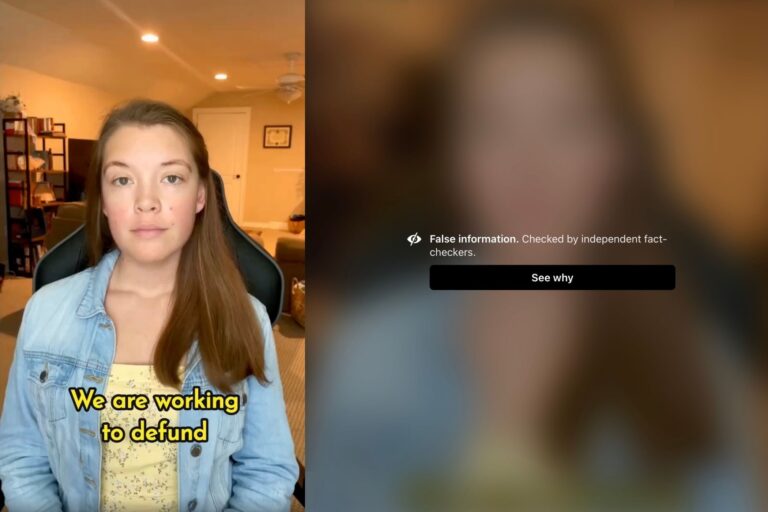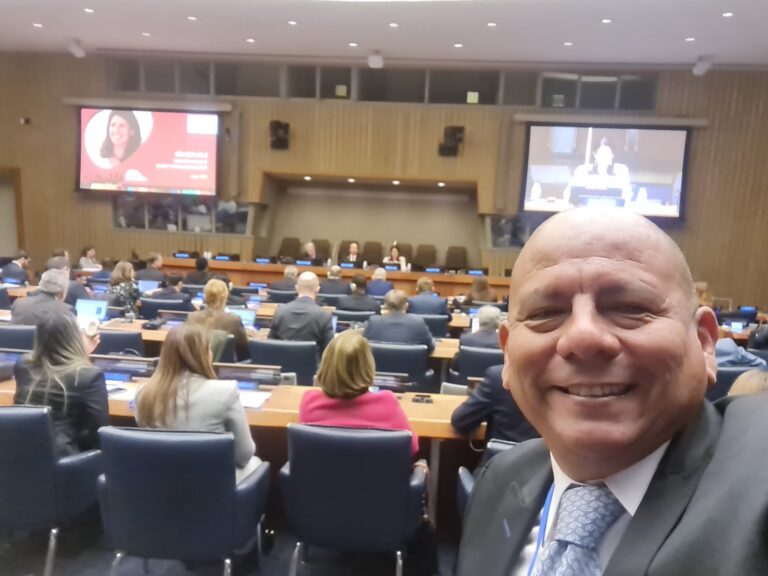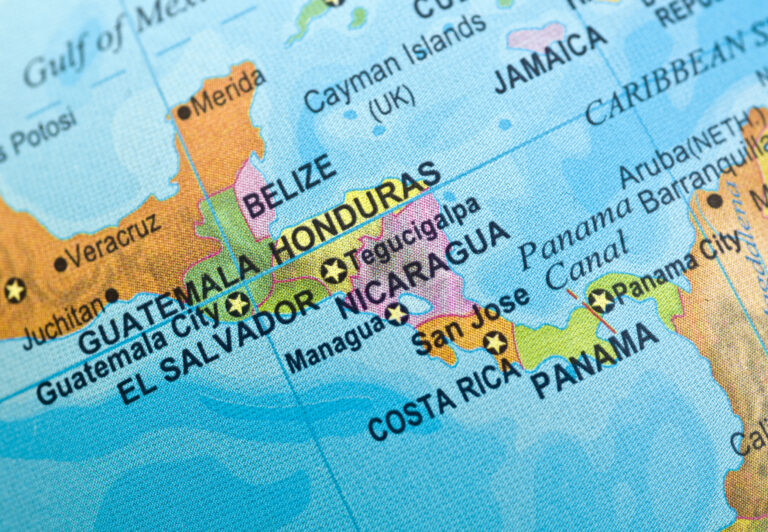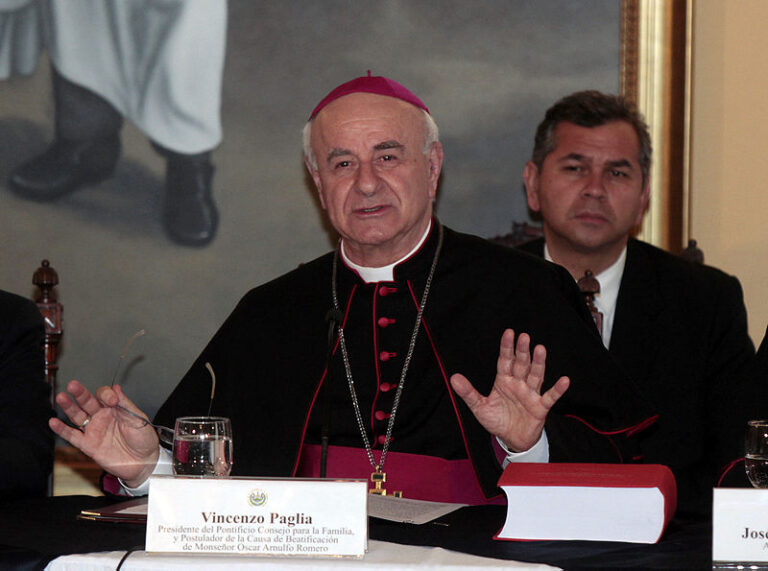Three months ago, a Panamanian couple contacted our Latin America office in Lima. Mr. and Mrs. Juan Francisco y Gabriela De la Guardia had heard about our support to pro-lifers in Nicaragua to help them keep abortion illegal in that Central American country. Now the issue that required PRI’s assistance was a bill attacking parental rights in their country. After nine weeks working together at a distance, I finally arrived in Panama City to meet a multidisciplinary group of excellent professionals and to help them combat this bill. To tell the truth, in the exchange of experiences, I think I received the most because I have learned a lot from the courage, attitude and faith of our Panamanian friends.
Language Misused
As always, they name of the bill was exactly the opposite of the real intention: “Protection of Childhood and Adolescence.” The bill was written by the Minister of’ Social Development, Maria del Carmen Roquebert, but it had the complete support of the current Administration in the person of the Presidents wife, Vivian Fernandez de Torrijos. On the First Lady’s official website, she states that this law will be necessary to punish people who abuse children. She mentions sexual abuse, trafficking of prohibited drugs or jobs which put their health and security at risk. She also denies that this bill could undermine the authority of the parents. “Neither the Administration of my husband, Martin Torrijos, nor myself as a mother of three children, would be eager to support a bill against parents and the authority they must have,” Mrs. Torrijos stated. But as is usual in Latin America, politicians’ statements and their real actions are completely opposed.
A legal analysis of the bill made by Dr. Janet Ramos, Executive Director of the Legal Committee of Alliance for the Family, showed that it contains concepts that negate parental rights in favor of the direct action of the State over children. Dr. Ramos explained that the reasoning is not complicated. They quote some cases of bad parents who abuse their children to disqualify parental guidance and legitimize a major role of the State in the inner workings of the Family. As soon as the State is legally involved, replacing the parents is only one step ahead. That is the current situation in Spain.
The text of the bill stated that Panamanian children have the right to absolute privacy. By not mentioning the role of parents or the respect for the family environment in which children live, the bill will exclude parents in any of their own sons’ or daughters’ decisions. That means children will be exposed to any influence, for instance the Stare influence through “educational” programs at schools or at health public centers.
Since UNFPA and UNICEF are behind the scenes supporting this bill, the major concern of pro-lifers is reproductive health services and sexual education. And they are mentioned in the bill. According to pro-lifers in Panama, the current Administration is under pressure because of the $4.5 million received from UNFPA, $2.2 million of which is targeted for reproductive health programs. As they mentioned, one of the goals described on the UNFPA website is to pass laws in reproductive health matters. Funds to get new laws in polemic issues would he outrageous anywhere but unfortunately this is becoming all too common.
Some months ago, a public debate was held about sexual education manuals which were about to he implemented by the government. These sexual education manuals teach students “the respect for all the forms of sexual orientation” including homosexuality, bisexuality and other shocking behaviors.
These manuals and a bill promoting sexual and reproductive health have produced much criticism against the Administration. Public opinion is very sensitive about these issues and pro-lifers took advantage of that. Thousands of stickers with the warning “Deputies; stay out of our children’s lives” were everywhere in Panama City. During TV or radio programs about the current debate, not even a single phone call was in favor of the bill, The Minister of Social Development was isolated as the only speaker favoring an unpopular initiative.
Setting up a strategy
With Panamanian pro-lifers, we scheduled 12 hours of training sessions to strategize on life and family issues among five days of intense activities. The enthusiasm took us much farther than that. The commitment of PRI with our Panamanian friends was to set up a strategy using the current crisis as an exercise. The goal was not giving a fish, not even teaching to fish but inviting more people to learn to fish together. We started reviewing some of the concepts developed in the last tour years working full time with Steve Mosher at PRI. Many examples of similar crises throughout Latin America helped us to understand what was happening now in Panama, what we could do immediately and how to deal with the situation in the long term.
The bill is now at the Women, Child and Family Commission of the National Assembly, a legislative body in Panama. It can be approved or rejected with four of the seven votes of its members. Of the seven legislators, four are members of PRD, the party of Torrijos. It would be ideal for them to vote on the bill during the current legislature that will finish on December 31. In February 2008, PRD will make the list of candidates to the next parliament and attitudes of current deputies will change radically. Most of the deputies will be up for reelection and they will not be eager to support an unpopular bill, even though it has the support of their party. They will not simply obey their leaders because they need popular support to be reelected.
A first and a second debate are needed before the vote. The Minister does not have much time to pass the bill. However, previous Administrations usually passed bills at the end of the legislature (December 31).
Some pro-life speakers denounced the bill in the mass media. The Minister wanted to pass the bill without any public discussion. The criticism against the Minister Roquebert increased until she finally was obliged to delay the debate until January. That means the menace had been controlled and pro-lifers will be meeting this challenge in March 2008, a more favorable scenario for life and Family.










